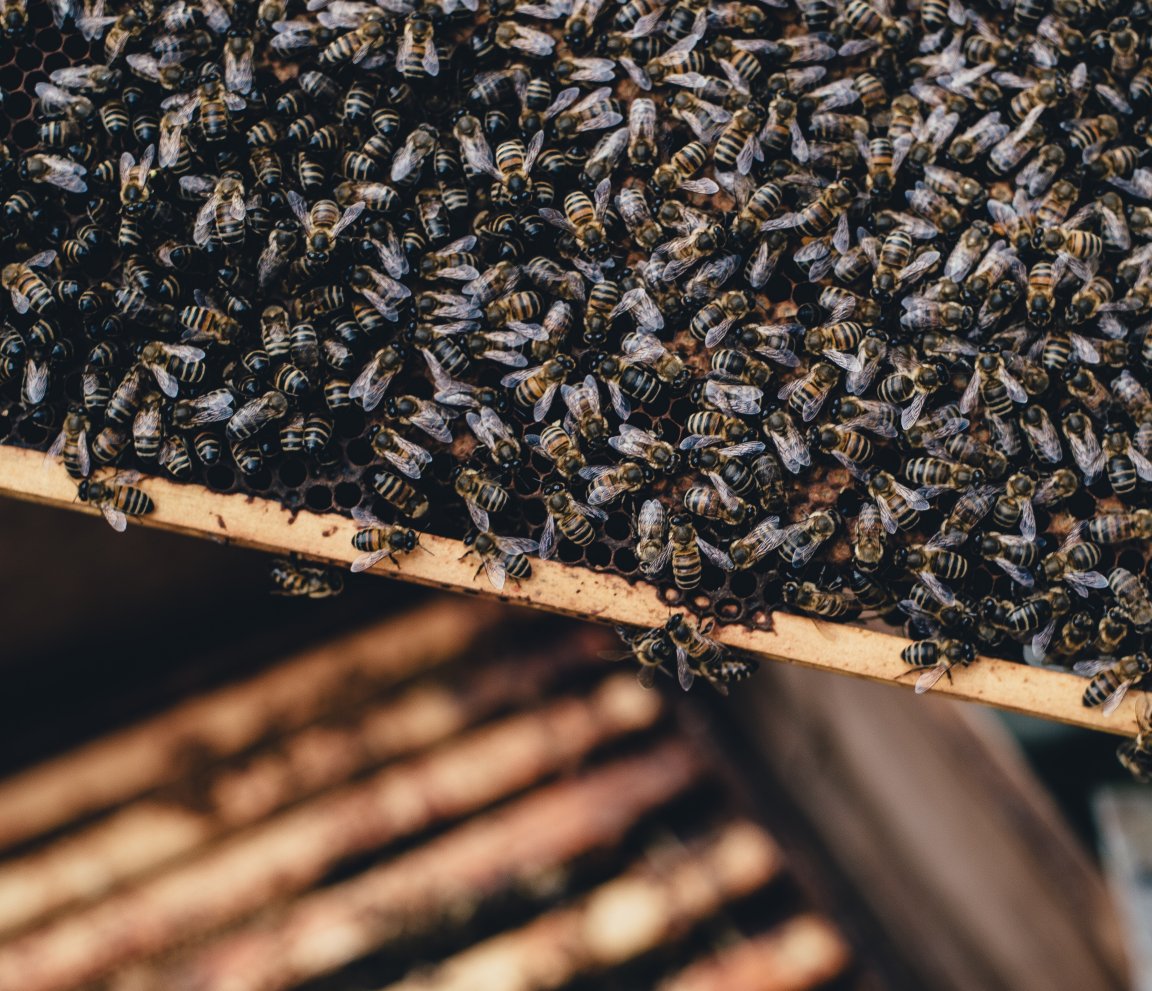
Domino Effect
Human expansion, destruction of natural habitats, pollution, and climate change have all led to biodiversity levels that are considered below the “safe” threshold for global ecosystems. And the consequences of biodiversity loss aren’t just about the extinction of certain charismatic species.
A new study published in the journal Proceedings of the National Academy of Sciences shows that less biodiversity in an area increases the risk of a domino effect of extinctions, where one species’ disappearance can cause other species to follow suit.
The research, conducted by ecologists at the University of Exeter, shows that losing a species in an area is dangerous in that it makes the surrounding ecological community simpler, and therefore less robust to change.
It makes sense: the fewer species that exist in an area, the fewer that are available to “fill the gap” left by other extinctions. Other species in the ecosystem will have fewer alternatives to turn to. For example, if there are fewer insects left overall across a region, the bats and amphibians that eat them will feel the loss of just one species much more severely.

“Interactions between species are important for ecosystem stability,” said Dirk Sanders, lead author and professor in Exeter’s Center for Ecology and Conservation, in a news release. “And because species are interconnected through multiple interactions, an impact on one species can affect others as well.”
The Exeter team investigated this idea by removing a species of wasp from test ecosystems. In many of these systems, the wasp’s disappearance caused indirect extinctions of other species at the same level of the food web. In simple communities, the effect was even stronger. Sanders emphasized the biodiversity loss could cause “run-away extinction cascades.”
This research sounds yet another dire warning bell at a time of biodiversity crisis. Even if you don’t care for poster-child species like polar bears, the crisis could also have ramifications for species that everyone cares about, like the crops that are the foundation of our global food supply. Studies that show how broadly single extinctions reverberate across ecosystems might buoy further efforts to protect global biodiversity.